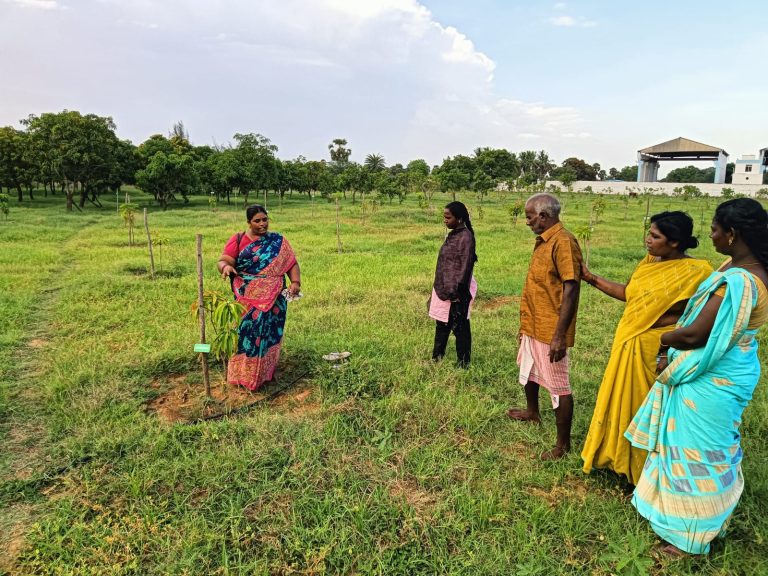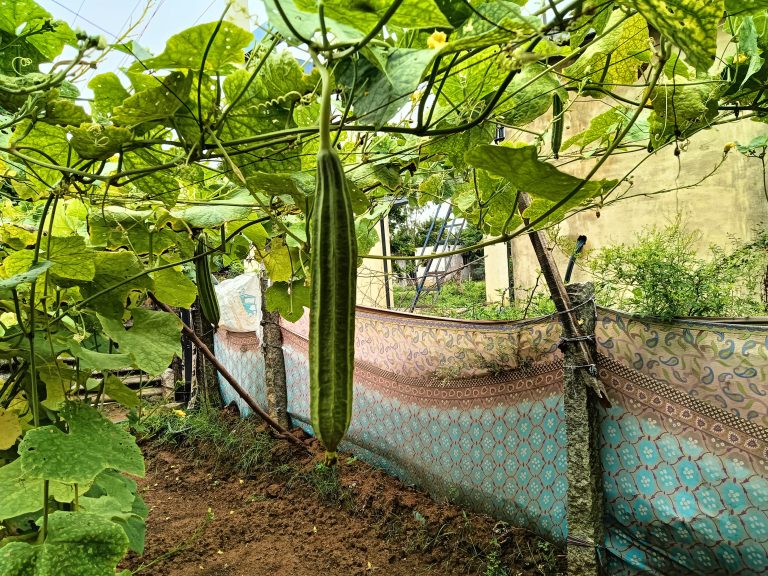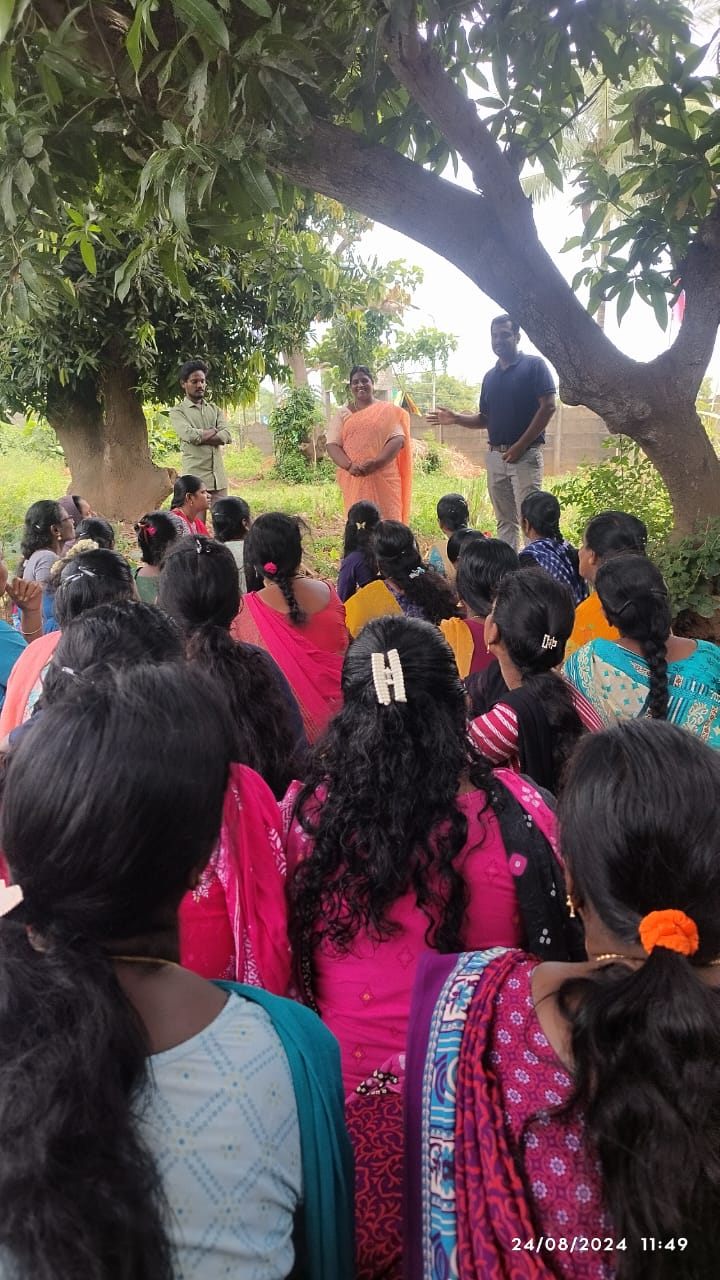Agroecology in Practice: A Global Movement

Agroecology is being adopted by farmers and communities worldwide as a solution to environmental degradation and food security challenges. The International Assessment of Agricultural Knowledge, Science, and Technology for Development (IAASTD) recognizes agroecology as a pathway to sustainable food systems, and its practices are already yielding results globally.
In Cuba, agroecology became the cornerstone of agricultural development after the economic collapse of the 1990s, known as the “Special Period.” With limited access to chemical inputs, Cuban farmers adopted organic farming methods, increasing biodiversity and improving soil health. Today, Cuba is recognized as a global leader in agroecology, with farms like the Organoponicos in Havana serving as models for sustainable urban agriculture. This shift helped them rebuild local food systems through organic farming and permaculture, leading to improved soil health and biodiversity while maintaining food security.
Similarly, in Brazil, the Landless Workers’ Movement (MST) has embraced agroecology in its settlements, where farmers have reclaimed land for organic farming. This practice not only improves environmental resilience but also fosters social equity by empowering marginalized communities.





